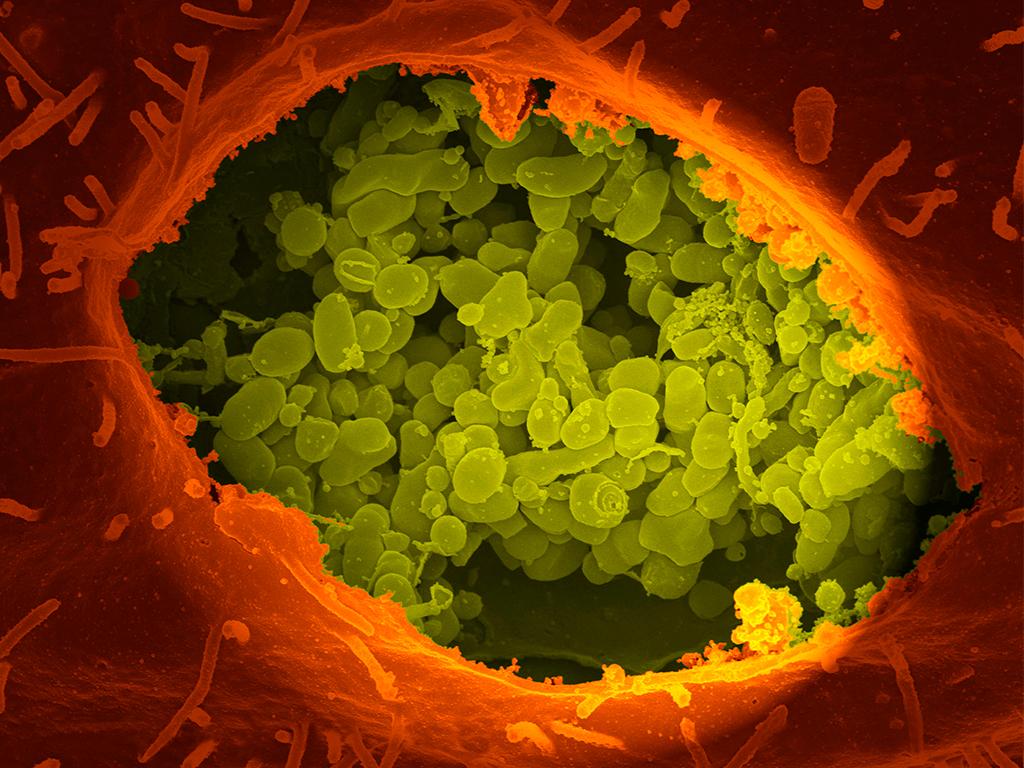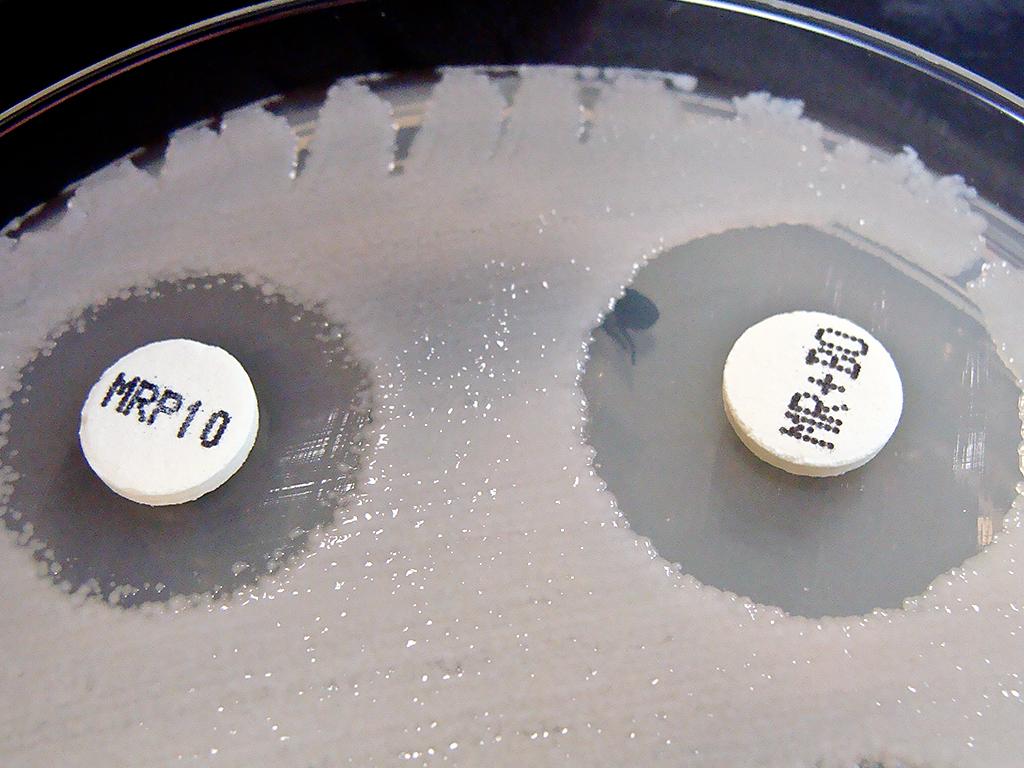Researchers, policymakers and representatives of the pharmaceutical industry met in Groningen at the Antibiotics-Now! conference to speak about antibiotics. One of these attendees was me (currently a research intern at Waag, working on “BioStrike”, an open antibiotic research endeavor of several DIY biology communities worldwide, and the “DIY Antibiotica” as an event series about antibiotics at Waag). The title of the conference sounds catchy and expresses humanity's urgent need for new antibiotics. Although I cannot argue with this call to action, I would like first to pause for a moment to reflect on the situation surrounding antibiotics.
Antibiotics are one of the most valuable compounds we have. But we take them for granted. We took these wonderful and powerful chemical substances and abused them. From an economical point of view, they became a commodity. The substance that once took passion and hard work just to obtain a few milligrams is now produced as a bulk chemical, and up to 80% of its production is not even used to treat actual infections. We are currently facing huge fallout from this — let´s be brutally honest here — stupidity. Bacterial resistance to several antibiotics is on the rise and, meanwhile, most of big pharma has dropped out of the race because new antibiotics are not profitable.
Although these problems might be manmade, it is hard (almost impossible) to reverse this situation. Because once a pathogen has developed resistance, it is there indefinitely. Chemical modifications only very rarely make drugs work again. And, even then, it's only effective for a short time until the pathogen adapts again. Also, the business model of the pharmaceutical industry, which directly links revenue to sales volume, incentivises the misuse of known antibiotics and hampers the R&D of new antibiotics — which are kept shelved as line of last defence. So, most big pharmaceutical companies have dropped out of researching antibiotics, which has led to dangerous effects. Those researching this situation refer to this problem as the “brain drain” and go so far as to call antibiotics researchers “an endangered species.” If this doesn't sound bad enough, we need to consider that all this is occurring in a industry that (more or less) openly admits they are already facing an “innovation crisis."
I don't want to paint the future black (as almost all current articles about antibiotics seem to) because, although they might be an “an endangered species,” there are people who not only care about this challenge, but are passionate about tackling and solving it. The existence of conference and its participants were proof of this.
Researcher, Dirk Brockmann, shared thoughts about how diseases might spread in a connected world with people flying 14.000.000.000 kilometres per day. Rainer Fischer demonstrated using insects to look for bioactive compounds in unconventional places (“yellow biotechnology”).
Ben Feringa is developing photochemistry switches to make antibiotics only active at the desired place and time, consequently preventing an excessive exposure to bacteria in the environment. Most inspiring for me was Gilles van Wezel, who used a nice metaphor comparing the current cultivation methods of bacteria to the conditions of a prision cell—in which, of course, an organism will not behave in a natural way. He suggested it would be better to mimic a bar with “friends and beer” as an ecosystem for screening procedure. His passion for research to cultivate and screen bacteria from all over the world doesn't even stop when he's on holiday. He said that he was collecting soil samples with his son on a campsite and later screened them. This is what both “Biostrike” and “DIY Antibiotica” are all about: passion about science and taking action, however small.
Aside from researchers, the organisation committee also cleverly involved policymakers. A dialogue including all the involved stakeholders is very important because, otherwise, people may work towards cross purposes. Scientists tend to loose themselves often in the beauty of science, which is fine on the one hand, but on the other they need to seek exchanges with policymaker more actively (not just when they are looking for the next round of funding). And policymakers should be more creative than just pouring more money on researchers. They must rethink the difference between basic and applied research. This concept was well presented by Ursula Theuretzbacher and her ambition to “ensure sustainable drug development” with a focus on long term goals.
As much as I enjoyed the science and the conference in general, I missed something about the real urgency, the bigger picture, and also the engagement with public or DIYbio communities. I always ask myself: Why don't we, as society, decide to take ownership of this problem? Maybe because the current research system isn't suitable. If the system was generating the needed output, it would be fine. But it just doesn't. There hasn't been a new class of antibiotics in the past 30 years. If you compare that output to what has happened in other technology sectors (those which found the right balance between openness for individual participation and commercialization by corporations), the lack of innovation is staggering.
Look at the internet or, more recently, the Arduino hardware community as examples. In these areas, great innovations were developed by people with an hacker attitude in an open ecosystem. You may be thinking, “naive young guy, do you know how expensive pharmaceutical research is?” But you would be amazed what biohackers across the world have accomplished with a tiny, tiny fraction of the resources big pharma has at their disposal. Please drop by to see innovation, curiosity, and passion in action either at the Waag or in any other biohackerspace.
So, let's partner up and embrace scientific innovation in a new “Open Antibiotic” research framework rather than create another pretentious “Open Innovation” approach or consortium. Because, at the end of the day, research should not be shuttered in a temple with scientists as its priests. It should be open and welcoming to everyone, like a bazar. As the title implies, the matter is urgent and serious. To quote the famous chemist Dr. Paul Janssen, “the patients are waiting.”


